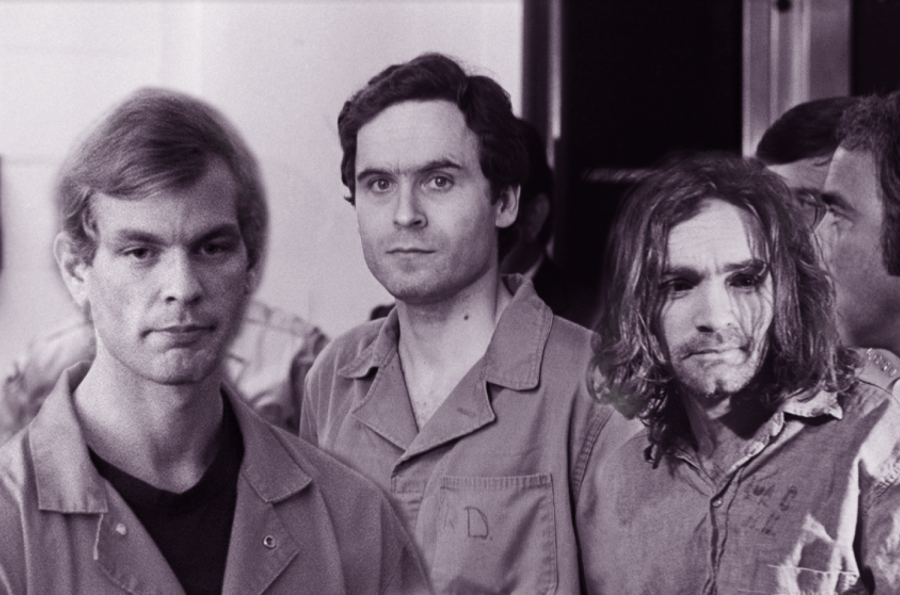

Upon arrest, psychologist Robert Mendoza was hired by his court-appointed public defenders to conduct a psychological evaluation.

#WHAT MAKES A SERIAL KILLER A KILLER SOCIOLOGY SERIES#
Rader managed to blend into society as a family man so much so that he was never a suspect in the series of murders he committed. He managed to have a double life, on the one hand he was a husband, father and a respectable man and on the other, he was a violent man who did unimaginable things to people he did not even know.


Raider went on to kill ten people between 1974-1991 in Wichita and Park City, Kansas, and sent taunting letters to police and newspapers describing the details of his crimes. As he grew older, he had a wife and a daughter and was elected the president of the Christ Lutheran Church, he was also a Cub Scout leader - basically a seemingly upstanding citizen. Rader acted out sexual fetishes such as voyeurism and cross-dressing and would steal women’s underwear. In his early years, he possessed sadistic sexual fantasies and zoosadism by torturing, killing and hanging small animals. As a child, his parents were always busy working and he especially resented his mother. Serial killers victimise themselves and justify their actions to themselves (and others).įor instance, Dennis Rader is a serial killer, also known as BTK killer - a name that he coined for himself which essentially is a short description of his modus operandi - bind, torture, kill. This may be because they have suffered as children, or it could just be the nature of their feelings. Additionally, studies have also revealed that most serial killers see themselves as the victims of all evils in the world. If the id overpowers the superego, one’s morals and the line between right and wrong becomes blurry. Id is responsible for one’s primitive consciousness such as food and sex whereas superego, of morals and values. The concept of id, ego and superego, first introduced by psychologist Sigmund Freud, also may come into play. Thus, these repetitive serial killers may be reacting to chemicals and hereditary factors in their brains rather than on pure evil. Many serial killers have been labeled with some sort of neurological disorder. These are potential red flags, of course there are exceptions but broadly speaking, there are certain traits that serial killers possess which are noticeable at an early age.įurthermore, there are biological factors that also play a significant role in determining one’s behaviour Neurophysiology has uncovered neurological and physical abnormalities that may begin as early as the prenatal stage in some humans. More often than not, it starts off by killing small animals and pets. Federal Bureau of Investigation (FBI) profiler Jim Clemente said, “Genetics loads the gun, their personality and psychology aim it, and their experiences pull the trigger.” Research says that many serial killers show signs of sociopathy and psychopathy at an early age, around 11-13 years, mainly with showing interest in verbally expressing their fascination about killing. Adrian Raine believes that biological and social factors go hand in hand with the making of a murderer. However, it would be illogical to discount that the element of childhood trauma is a mere coincidence among serial killers. Let’s start off by saying, not all children that are abused turn out to be serial killers and not all serial killers have a history of childhood trauma.


 0 kommentar(er)
0 kommentar(er)
